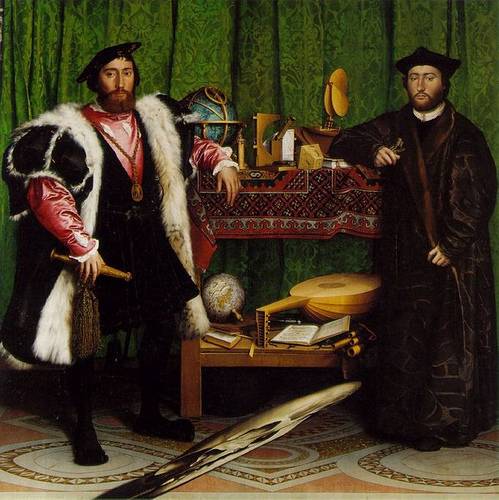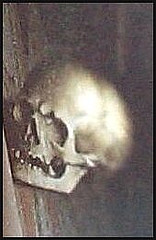Physicist J.H. Hetherington had already typed up a physics paper in 1975 when he learned of an unfortunate style rule: Physical Review Letters does not accept the pronoun we in single-author papers.
Hetherington didn’t want to retype the paper — this was before word processors had become widespread — so he added his cat as a second author (“F.D.C. Willard,” for “Felis Domesticus Chester Willard.”)
“Why was I willing to do such an irreverent thing? Against it was the fact that most of us are paid partly by how many papers we publish, and there is some dilution of the effect of the paper on one’s reputation when it is shared by another author. On the other hand, I did not ignore completely the publicity value, either. If it eventually proved to be correct, people would remember the paper more if the anomalous authorship were known. In any case I went ahead and did it and have generally not been sorry. Most people are amused by the concept, only editors, for some reason, seem to find little humour in the story.”
Chester is believed to be the only cat who has published research in low-temperature physics. “When reprints arrived, I inked F.D.C. Willard’s paw and he and I signed about 10 reprints which I sent to a few friends,” Hetherington later recalled. “The story has now been told many times and my wife can add that she sleeps with both authors!”



